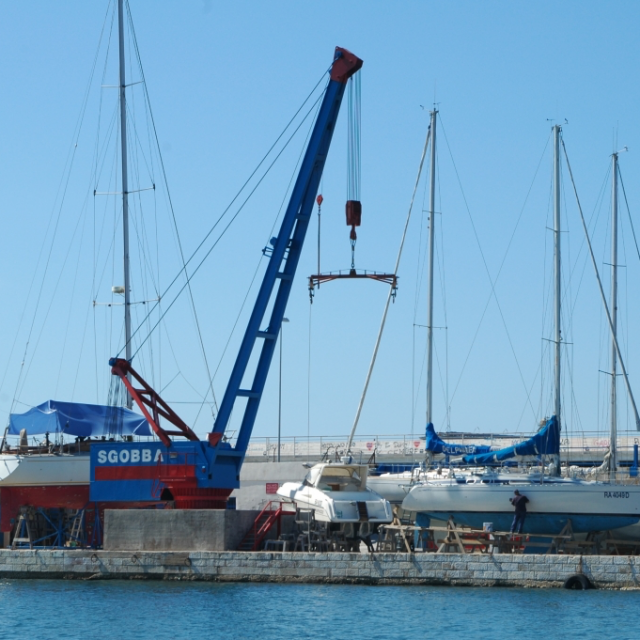Photo by Kevin Woblick on Unsplash
June 30 marks the official deadline for EU countries to submit their updated draft National Energy and Climate Plans (NECPs) to the European Commission.
These plans will reveal their new contributions to the EU 2030 climate and energy targets and the policies that lead there.
Campaigners say, though, that unless there is a “massive last-minute submission many countries will not respect this deadline.”
Brigitta Bozsó – project manager and policy expert, CAN Europe, told this site: “The EU will not achieve climate neutrality by accident or without thorough planning. National Energy and Climate Plans are central strategic tools, that design the systemic transformation we need, mobilise the money and ensure accelerated climate action on the ground.”
“In other words, these national plans must keep us safe from climate impacts, protect our wallet against high fossil energy bills, and ensure a sustainable life”.
There are, she says, “many” things that could go wrong with these plans: from insufficient ambition, or inadequate financing, implementation and inconsistencies – to lack of public support.”
“We cannot afford sloppy or unambitious NECPs, as these plans are one of the main opportunities for the EU to implement a transition compatible with the 1.5°C objective of the Paris Agreement”, argued Bozsó.
She adds, “Hence, Member States must take their homework seriously – not just by respecting the deadline, but also by submitting ambitious, comprehensive, and coherent NECP draft plans to the European Commission, which in turn must act as a watchdog of this process. In addition, it remains an obligation that the NECP drafts are developed with the effective participation of civil society and relevant stakeholders.”
“Planning the fundamental reforms that will directly affect the ways of life of all European citizens cannot take place in an ivory tower. Given the scale and pace of climate action that is required, citizens and stakeholders must be consulted and participate meaningfully in the elaboration of NECPs”, added Bozsó.
She says that the current EU 2030 target of reducing net emissions by at least 55% doesn’t live up to the level of the climate emergency and the EU’s equitable share of reducing emissions globally.
“The EU has the moral obligation now to overshoot its 2030 target and achieve gross emissions by at least -65% by 2030 and reach net zero emissions by 2040 at the latest. The NECPs revision, between now and June 2024, is a fundamental opportunity for EU Member States to set things right – to accelerate climate action and the energy transition, to bring NECPs to their real, transformative potential and enable citizens to make the switch to a sustainable lifestyle easily and enjoy the multiple benefits,” she concluded.




